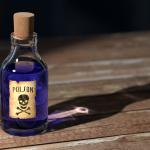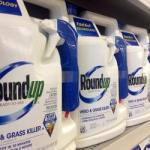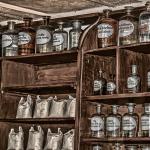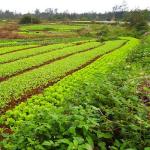Here are a few news stories (and advertisements) that I have encountered this past year:
toxicology
Earlier in June, the FDA agreed to reevaluate the safety of bisphenol A (BPA) in plastics, coating, and other materials that contact food.
If you want to show that any chemical is dangerous, here's a three-step process that will consistently yield the desired result:
It is phthalates, a group of chemicals that are used to soften plastic. These chemicals are one of the most studied groups of chemicals in use today.
Peer review, especially peer review of chemical safety/risk assessments, is under assault. Despite the fact that government agencies, industries, universities, NGOs and consulting groups recognize the added credibility that peer review bring
Pick just about any newspaper or journal and during the course of a year, one or more articles will be devoted to the benefits (or not) of organic foods and the downsides (or not) of conventionally grown food with pesticides and herbicides.
By Michael Dourson, Bernard K. Gadagbui, and Patrician M. McGinnis
We have all heard the saying “Too much of a good thing.” This applies to foods, drinks and many kinds of activities. This saying also applies to chemicals we “hear” about in our daily news.
Toxicology, the study of poisons, is often thought of as a new discipline. It’s not. It has been around as long as people have been trying out different types of food, and using the occasional poisonous plant, or animal, to dispatch a rival.
Chemical phobia is a prevalent theme in today’s social media, and chemicals often written up in mainstream news outlets in negative terms. But have you ever stopped to think about the sources of this information? How many of the source












